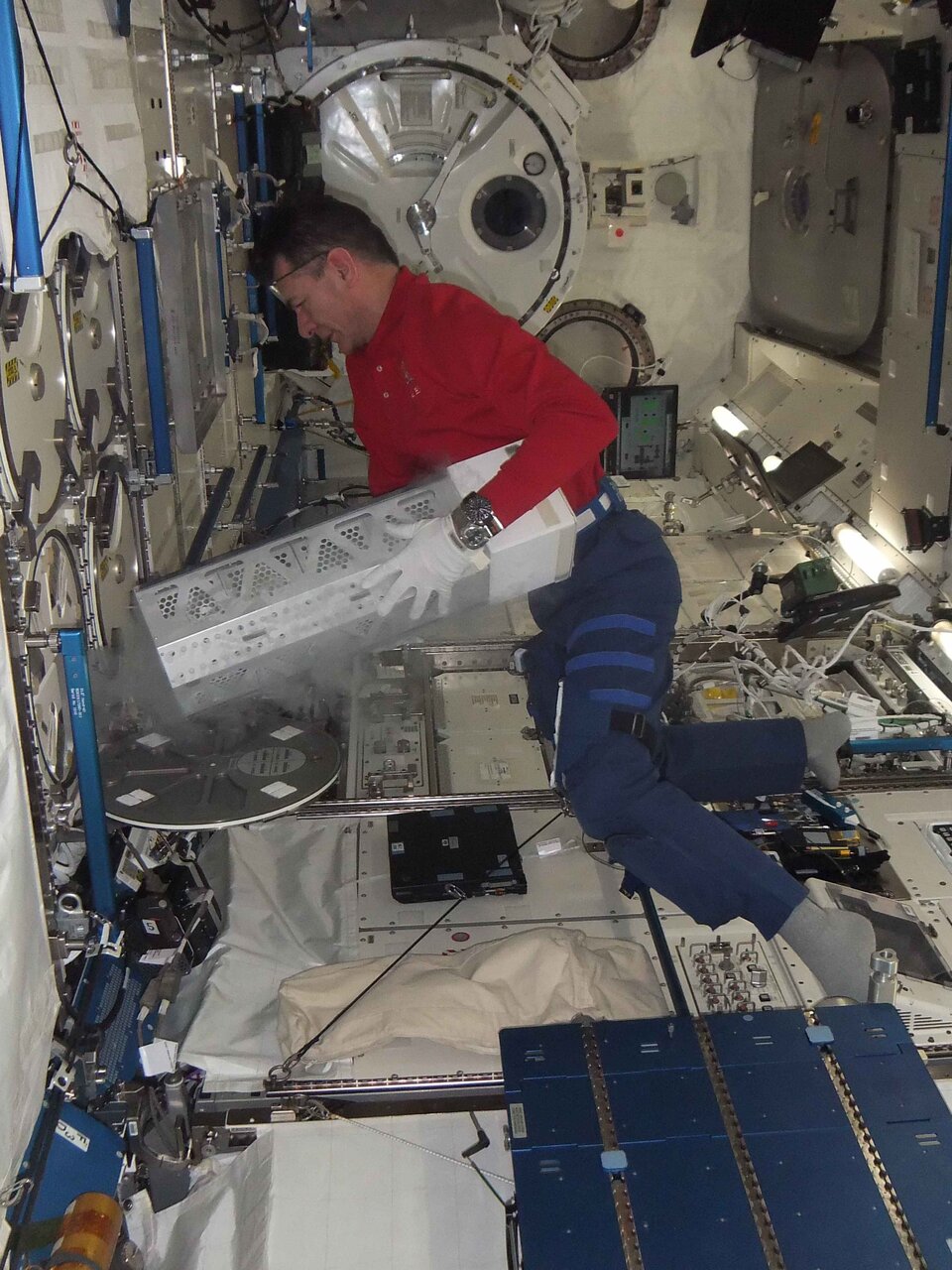DNA damage

As we age, our DNA sequences and structure changes and this can lead to cells and tissues functioning less well. Cosmic radiation damages DNA and can accelerate this process. A newly uncovered parallel mechanism called epigenetic ageing also changes DNA but not its sequence or structure. It involves modifications of specific positions of the DNA without altering its sequence. This modification changes very precisely with age, and has been called our epigenetic clock. Is this form of ageing also influenced by cosmic radiation? If so, by how much? On Earth we are protected by cosmic radiation from the atmosphere, but when astronauts live in space for months, they lose this protection and are exposed to greater amounts of cosmic radiation.
DNA damage sets out to determine the effect increased cosmic radiation on the ticking of our epigenetic clock to help us understand how the clock works and what causes some people to age quicker than others.
Astronauts will take saliva samples to obtain DNA from the crew and preserve them over time. With these, we hope to unravel the secrets to why we age and how we can safely travel in space. This investigation promises to help us develop ways to keep us ticking longer and healthier – on Earth and in space.


